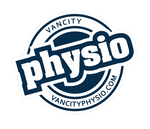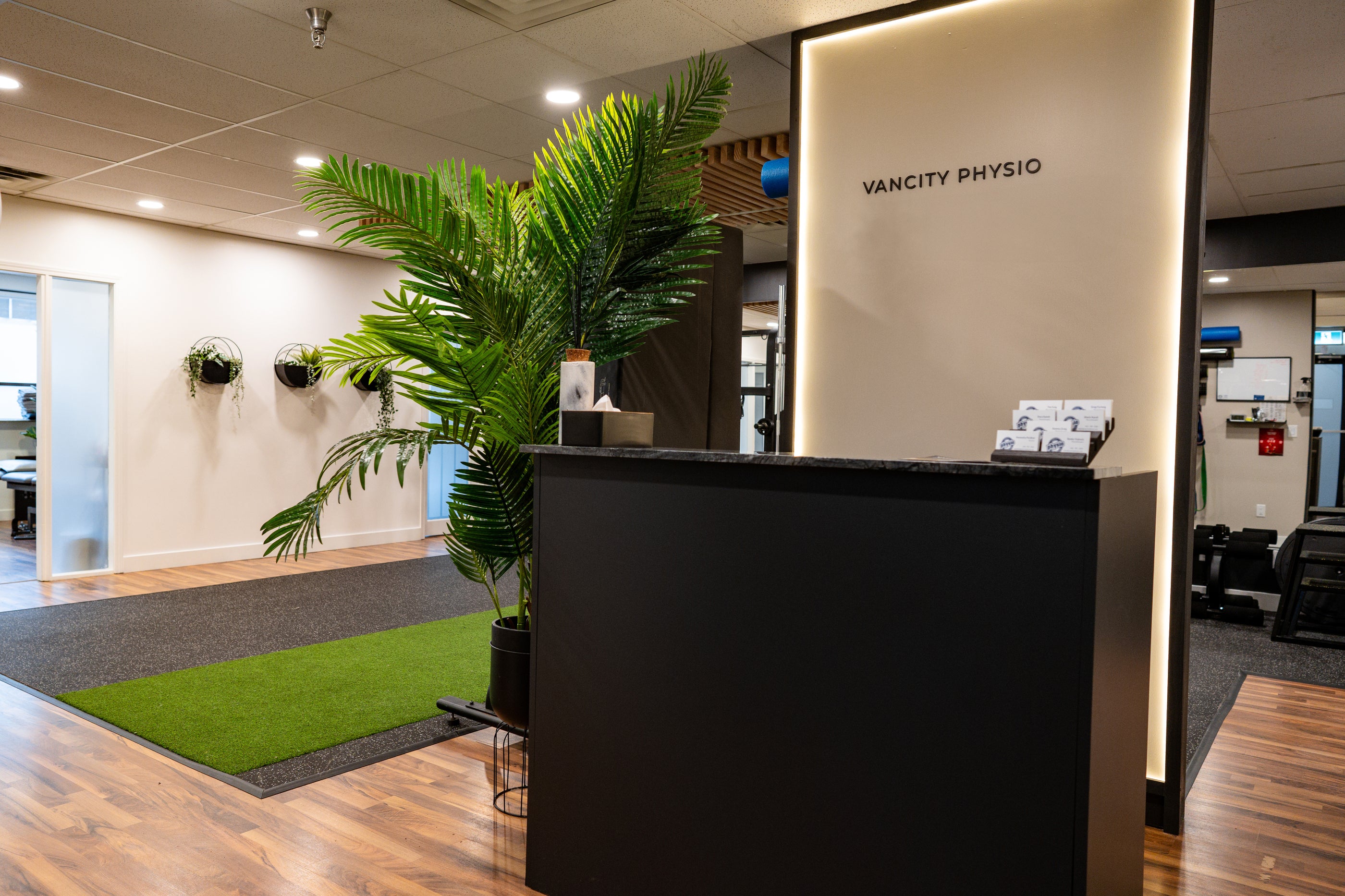Do you experience dizziness, vertigo, balance problems, or falls? Have you
been told to go to vestibular rehabilitation therapy but you’re not sure what
it involves?
What is vestibular rehabilitation physiotherapy?
Vestibular rehabilitation is an exercise-based therapy focused on reducing
your symptoms of dizziness, vertigo, and imbalance. Vestibular rehabilitation with a specially trained physiotherapist will help determine the cause of your symptoms and the most effective treatments to help your dizziness, improve your balance, and get you back to your usual activities.
In your first session, a physiotherapist will spend time asking questions to better understand your problems and goals. This is followed by a physical assessment of your inner ear balance organs and the parts of your brain that deal with dizziness/balance, and evaluate your balance and walking abilities. This will hopefully indicate the cause of your symptoms, and will share with you both the assessment findings and treatment.
Treatment is individualized and designed to help reduce your dizziness and
vertigo symptoms, improve your balance, and get you back to the activities that are important to you. This can include physical maneuvers for vertigo, balance and gait training exercises, or eye and head exercises. Vestibular rehab involves a tailored series of exercises for you to complete at home. Your physiotherapist will provide information about your condition and support you during your rehab.
How does vestibular rehab help?
Physical repositioning maneuvers are very effective at treating the most common cause of vertigo, Benign Paroxysmal Positional Vertigo (BPPV). For other conditions involving impaired inner ear balance function (e.g. vestibular neuritis), rehab involves exercises designed to help your brain compensate for loss of vestibular function through neuroplasticity. This “brain training” encourages your brain to form new connections and pathways. Specific eye and head exercises help fine tune how your brain interprets signals from your inner ear, to improve gaze stability and reduce
your dizzy symptoms. Proprioceptive exercises also train your brain to process incoming signals from your balance systems more accurately and to generate balance responses more efficiently. Adding specific strength or mobility exercises for your lower body and core will help your balance and walking abilities.
Will vestibular rehab help me?
There is a good chance that vestibular rehab will help significantly improve or even completely resolve your symptoms if they are triggered by head or body movements (e.g. turning your head) or triggered by changing positions (e.g. bending down, looking up, lying flat, turning over in bed). If you have been avoiding movements that trigger dizziness this can actually slow down your recovery, and a vestibular physiotherapist can help determine what exercises will help you most. If you have balance problems or have fallen, a vestibular rehab assessment can help determine if you are an increased risk of falling and if there are inner ear issues contributing to your imbalance. Treatment sessions can target balance and gait training and give you a home exercise program to improve your balance and increase your confidence in your abilities. You may benefit from a comprehensive assessment with a vestibular physiotherapist if a “wait and see” approach isn’t helping your symptoms, if you have been told that it’s “just vertigo” and there isn’t anything that will help, or if you’ve been told that balance problems are a “normal” part of getting older. A full evaluation may help explain your symptoms and find strategies to help you feel better.
Is there scientific evidence that vestibular rehab helps?
Yes! There is good quality research that supports vestibular rehab and clinical practice guidelines for evidence-based care. There are high-quality randomized controlled trials that provide evidence that vestibular rehab is safe and effective treatment for loss of peripheral vestibular function. For BPPV, there is very good scientific evidence that physical repositioning maneuvers are very effective in the short term and that adding vestibular rehab exercises has further benefit for longer term functional recovery.
How will I know if treatment is helping?
Your physiotherapist will track your progress with specific outcome measures and physical assessments, but the most important measure of progress is whether you feel better and whether you are able to do more of the things that are important to you.
How long will it take to get better?
If you have Benign Paroxysmal Positional Vertigo, symptoms often resolve in 1 to 2 sessions. Otherwise it depends on your condition and your goals, but in our experience to see results most people typically require 4 to 6 visits which are typically spaced out every 2 to 4 weeks.
Questions?
Reach out to us at info@vancityphysio.com or all our clinic at 604.398.5584
to find out more! Otherwise, feel free to book in by clicking on the following
link: https://vancityphysio.janeapp.com/


